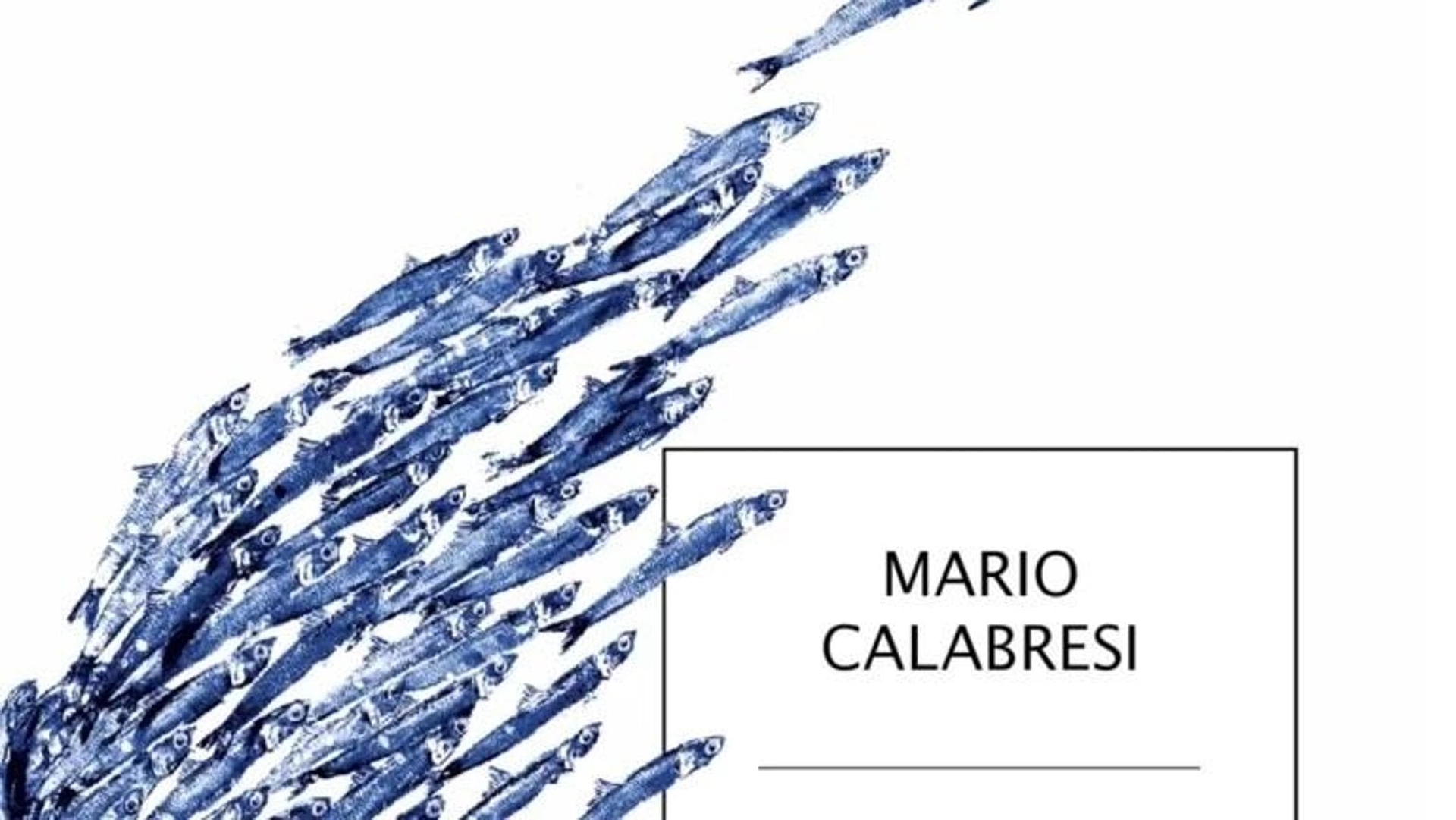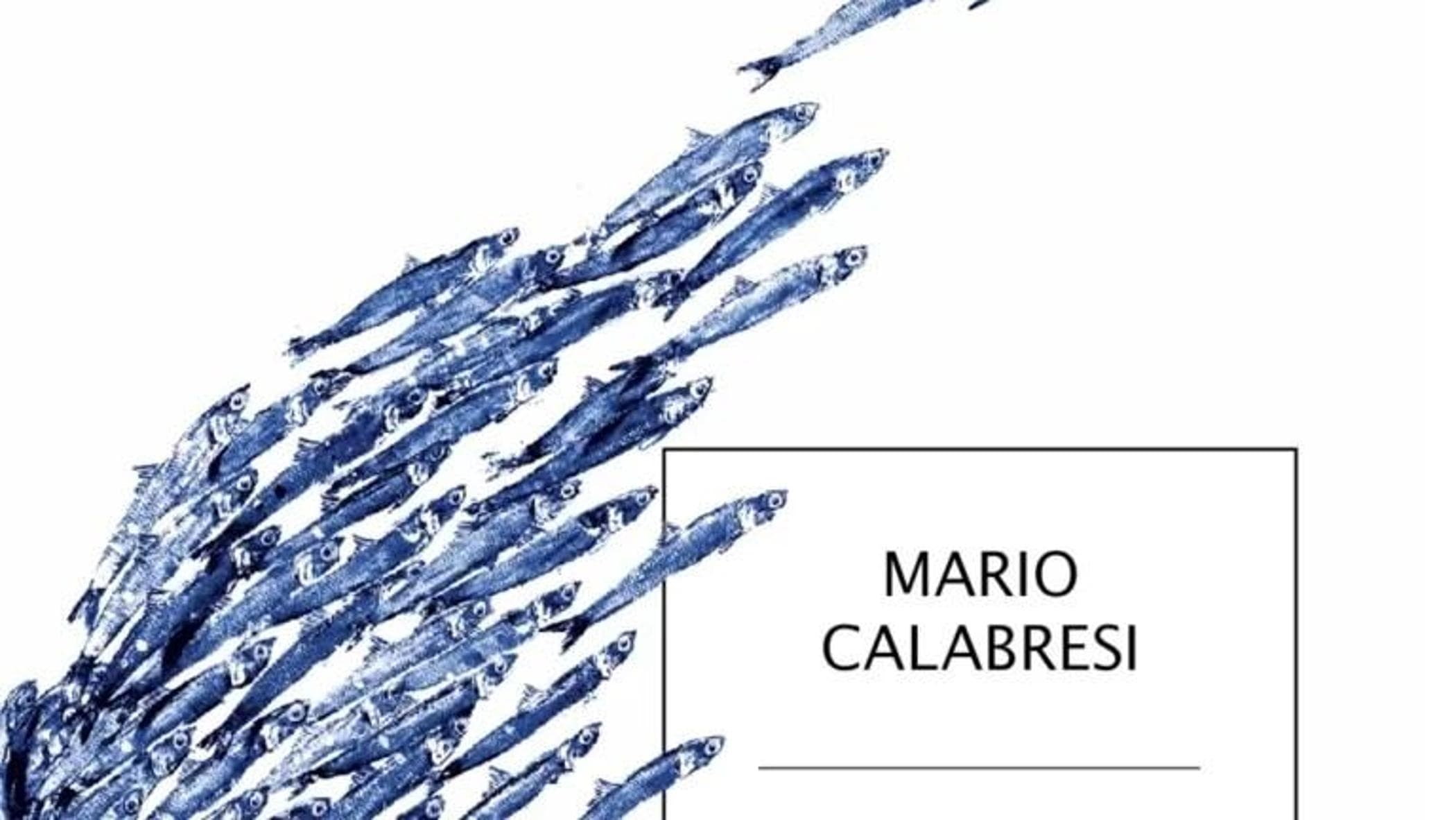In Praise of Toil in an Age That Promises Every Shortcut. An essay by Mario Calabresi.

There's Andrea, who runs ultramarathons despite having no cartilage left in his knees, but he does it to be alone with the memory of his daughter Greta, who passed away from cancer. And that superhuman effort, hours and hours pushing uphill in all weathers, makes him feel good. And there's Marisa, who is 89 years old, but still serves farinata every day behind the counter of her restaurant in Genoa, and also does a thousand other things, like tending to her husband's grave and cleaning the cemetery toilets for free. She does it not because she loves the effort, but out of a sense of duty. That sense we're all losing, but Marisa has it tattooed inside her, because "the truth is, my parents only taught me to work. They instilled it so deeply in me, this sense of work, that it never came out." So what is this "Rising at Dawn" by Mario Calabresi ? A hymn to sacrifice, a nostalgia for the good old days? Of course, there's also a vein of nostalgia in all these stories that offer us a different perspective, outside of that "time of comfort" in which we are immersed and in which everything "is designed to seem easy." Perhaps it's the nostalgia of those of us who grew up—the latest generation—without cell phones, with Subbuteo and bored afternoons, daydreaming, staring at the bedroom ceiling. We, who wish things would never change: "I think of all the things that have happened in the meantime and it makes me happy," Calabresi writes of Marisa, "to know that she's still here, like a monument, like a fragment of the past that persists in inhabiting the present."
Among these things we used to enjoy but persist in not letting go, like the episodes of Grendizer that Rai is re-airing, there are words that seem out of fashion, yet retain an ancient power. "Fatigue" is one of them. We used to avoid it, but now we understand it better, and thanks to this mosaic of stories, memories, and encounters, collected over many years (the idea, he confides at one point, came to him a week before becoming editor of La Repubblica ), Calabresi draws from it a reflection on the profound meaning of commitment and dedication . On the positive value of effort, in an era that promises shortcuts and immediate results.
Mind you, this isn't about celebrating sacrifice for its own sake, or mourning the society of duties that was destroyed by '68, as certain cloying right-wing rhetoric would have us believe, but about rediscovering a humanity that exists and finds meaning in perseverance . Toil, in these stories, isn't suffering—not only that, at least—it's belonging, roots, a positive energy that binds us to others: so here's the young Ligurian fisherman who keeps the tradition of fishing lamps alive, the men who carry the "Christs" in the processions of Bogliasco, the husband who cares for his wife suffering from ALS and does so with joy "because we haven't allowed toil to stifle happiness," Veronica Yoko Plebani, a Paralympic athlete, who completely reverses the perspective and declares simply: "You have to adore toil."
Rising at dawn, literally, becomes the hallmark of a legion of Italians who never give up and, with a smile, pull the cart, out of a sense of duty, out of a love of things done well. A secular prayer without a nostalgic or conservative message, but rather an educational one: hard work as an antidote to disenchantment, to existential emptiness (which isn't just a Gen Z problem), even as a school of freedom. An atlas of tenacity in which Calabresi, in an age where everything is measured by speed and performance, offers us a moral counterpoint: that of commitment, perseverance, and care. And it's well-written, too, which doesn't hurt, a sign that the author has accomplished his hard work at dawn.
The book – Rising at Dawn by Mario Calabresi (Mondadori, 168 pages, €18.50)

repubblica





